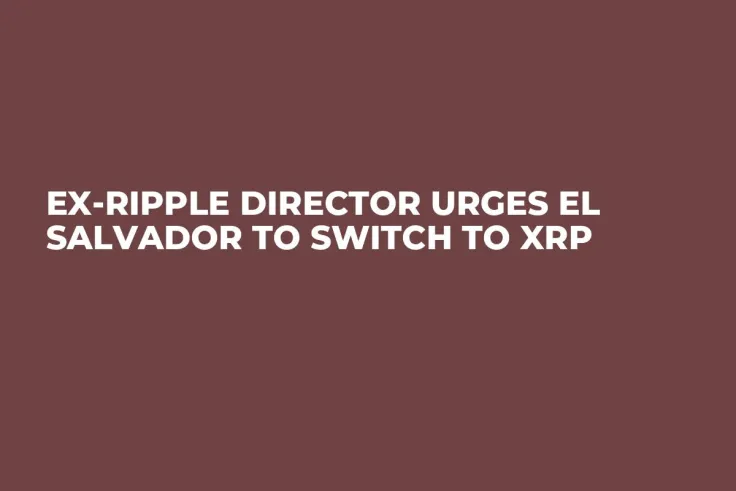
In recent days, the Bitcoin network has experienced a surge in demand, fueled by the growing popularity of BRC-20 tokens, inscriptions, and ordinals, commonly known as NFTs. This has resulted in a boost in revenue for miners, as the average commission paid per block reached its peak.
However, this surge in demand has also led to higher fees for Bitcoin users, as journalist Marce Romero recently observed during a cash withdrawal in El Salvador. One individual was charged $20 in fees for withdrawing $100, a significant cost in a country where the average salary is $300-350. This has prompted Romero to caution against enabling gambling on non-fungible tokens or meme coins, emphasizing the real-world impact of high fees on users.
In response to Romero's tweet, Matt Hamilton, former director of developer relationship at Ripple, suggested using technology that is better suited for this purpose, such as XRP and the XRP Ledger. He argues that getting upset about the limitations of Bitcoin and its widespread use does not help anyone.
Bitcoin adoption
El Salvador recognized Bitcoin as the state currency in fall 2021 and began actively investing budget money in it. As a result, tourism in the country has grown by 95% since the legalization of BTC. In addition, the government has launched educational programs on BTC and the Lightning Network to help citizens better understand the technology.
While Bitcoin's popularity continues to rise, the challenges it poses cannot be ignored. The recent surge in demand for Bitcoin highlights the need for scalability solutions to prevent high fees from hindering adoption. As more governments and institutions embrace cryptocurrencies, it is essential to ensure that users can transact with them in a cost-effective and efficient manner.


 Vladislav Sopov
Vladislav Sopov Dan Burgin
Dan Burgin